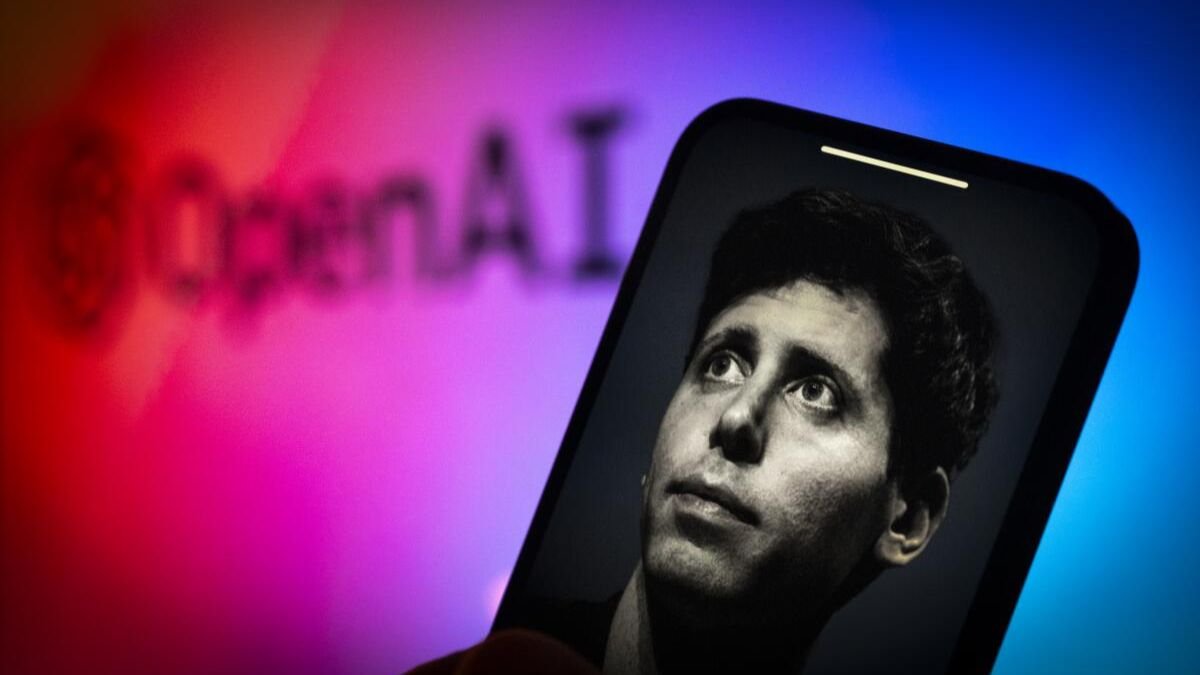Douglas Murray vs. Dave Smith: Joe Rogan’s Podcast Highlights Deep Divide on the Right

Key Highlights:
In one of the most gripping episodes of The Joe Rogan Experience in recent memory, Douglas Murray, the noted neoconservative intellectual, faced off against Dave Smith, an anti-war libertarian comedian, in a debate that cut to the heart of one of the most polarizing geopolitical issues of our time: Israel and the Gaza conflict.
The debate wasn’t just about the Middle East. It was also about media responsibility, free speech, and who has the right to shape public discourse in an age where podcasts like Rogan’s command the attention of tens of millions.
Douglas Murray’s Warning: Platforming Without Pushback
Douglas Murray, known for his staunch defense of Western values and unwavering support for Israel, criticized Rogan’s tendency to give platforms to controversial or unqualified voices without offering adequate pushback.
“When individuals claim expertise but hide behind being comedians when challenged, it undermines informed discourse,” Murray argued.
He specifically called out past guests like Darryl Cooper and Ian Carroll, who have appeared on Rogan’s show offering revisionist historical interpretations without credible academic backing.
Dave Smith’s Rebuttal: The People Have a Right to Speak
Smith, on the other hand, emphasized the democratic importance of open platforms.
“You don’t have to be an expert to have a perspective. Politics affects all of us,” he said, pushing back against what he saw as elitist gatekeeping.
This tension between credentialed expertise and populist expression is precisely what made the debate so compelling—and so relevant.
The Rogan Dilemma: Popularity vs. Responsibility
As Joe Rogan’s podcast has grown into a cultural juggernaut, questions about his influence and accountability have become increasingly urgent.
Once known for laid-back chats with fringe personalities like Alex Jones, Rogan now regularly hosts public intellectuals, billionaires like Elon Musk, and figures accused of promoting pseudoscience, such as Graham Hancock.
Douglas Murray’s critique wasn’t just about Smith—it was a broader appeal for Rogan to feature more “establishment voices” to ensure balanced conversations. But as the debate revealed, doing so may risk alienating a core segment of his anti-establishment audience.
Douglas Murray’s Intellectual Conservatism vs. Smith’s Libertarian Anti-Zionism
The Gaza conflict served as the perfect pressure point for this ideological divide.
- Murray: staunchly pro-Israel, emphasizing security and moral clarity
- Smith: outspoken critic of Israel’s actions, advocating for non-intervention and anti-Zionist positions
This isn’t just a policy disagreement—it reflects philosophical differences about the role of America in global affairs, the trustworthiness of mainstream narratives, and the responsibilities of those with media reach.
A Crisis of Credibility in New Media?
What makes this episode stand out is how it underscores the paradox at the heart of alternative media ecosystems:
- They emerged as rebellions against institutional bias
- But many have become echo chambers of their own, giving rise to conspiracies, junk science, and revisionist history
As Murray warned, platforms without critical engagement can end up normalizing misinformation, even if unintentionally.
Free Speech or False Balance? The Audience Decides
To his credit, Rogan didn’t censor or cut the debate short. The episode unfolded in real time, allowing both men to press their views and challenge one another’s assumptions.
This, perhaps, is where Douglas Murray’s participation becomes most valuable—not as an arbiter of truth, but as a check against unchallenged populism. Whether you agree with him or not, his presence forces listeners to rethink how knowledge is shared and who gets to define it.
Douglas Murray’s Role in Redefining Conservative Discourse
The Rogan-Smith-Murray debate is more than podcast fodder—it’s a reflection of the fractures within conservative and libertarian thought, particularly in the post-2020 media landscape.
Douglas Murray may not have changed every listener’s mind, but he offered a compelling case for guarding against intellectual laziness and demanding more of our information sources, even when they come in the form of podcasts and memes.
This episode isn’t just about Gaza or Israel. It’s about whether platforms like Rogan’s should elevate all opinions equally—or distinguish between information and influence, perspective and propaganda.
The Hindustan Herald Is Your Source For The Latest In Business, Entertainment, Lifestyle, Breaking News, And Other News. Please Follow Us On Facebook, Instagram, Twitter, And LinkedIn To Receive Instantaneous Updates. Also Don’t Forget To Subscribe Our Telegram Channel @hindustanherald








